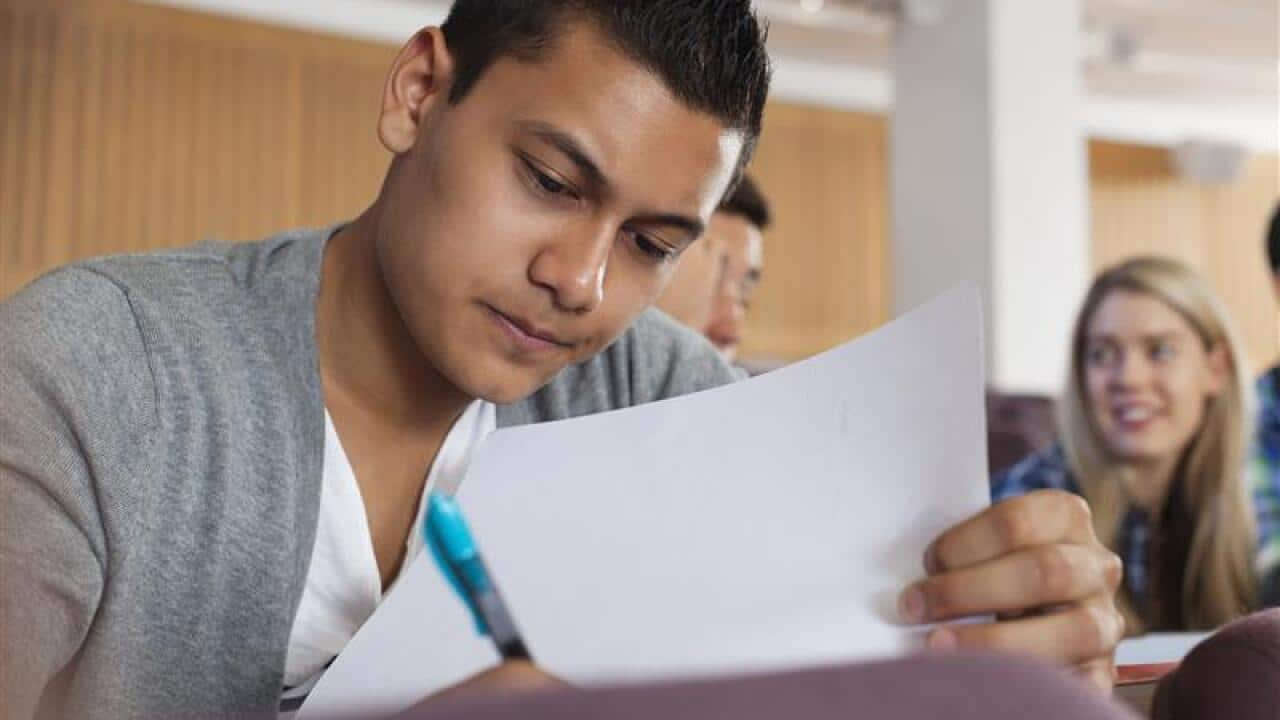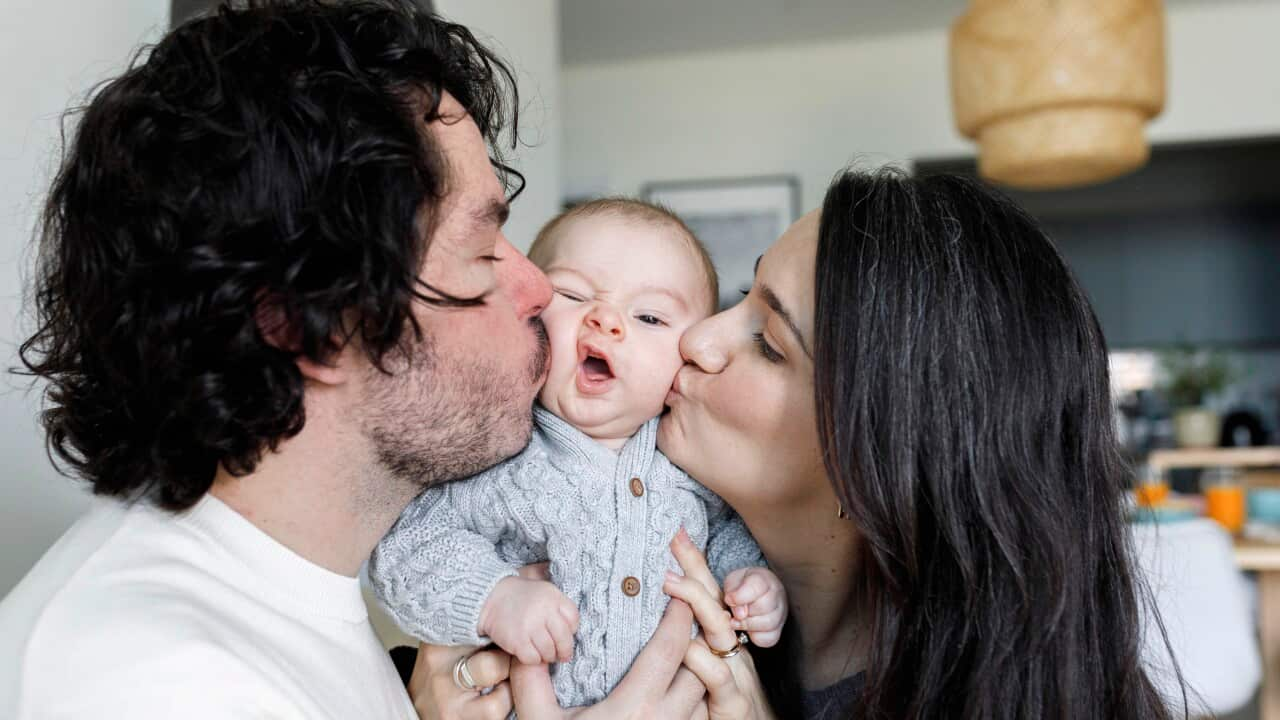LISTEN TO

How to prepare for job interview?
SBS English
19/02/202007:21
The job market is competitive in Australia, which means there can be several hundred people applying for the same position. If you do get called up for an interview, preparation is the key to success.
Marg Davis, the career development coordinator at , says that people cannot just turn up to an interview wondering 'what they are going to ask me?'.
They really need to understand the job ad, understand the role, and also understand why they have applied, that they are a good match for the position, that their skills, knowledge, and experience are well-suited.

Do your research
Start preparing by researching the organisation you'll be interviewing for. Look at their website, their social media accounts and if you know employees well, ask them questions.
“You can also review who you're potentially going to be interviewed by,” says Tim James, state managing director at , the largest recruitment firm in Australia. But he advises against connecting with your interviewers on LinkedIn before the interview.
Read the job description carefully and highlight keywords that you can use during the interview. Try to understand what the employer is looking for and plan how you would answer potential questions.
Prepare your answers
You can expect to be asked to talk about yourself, what you know about the company and your work history. You'll also have to answer behavioural questions where you’ll be asked to give examples of past experiences.
Marg Davis explains that telling potential employer about what you've done in the past will demonstrate what you will do in the future.
These questions can be tricky and they certainly need a lot of preparation. So it's a really good idea once you've read the job ad, and you really understand the job, to think about some situations you've experienced, write them out, in point form, but like a story with an introduction, a middle and a conclusion.
Do a few mock interviews with a friend, ideally someone who employs or has interviewed people in the past.
Show your personality
It’s important to show you're qualified for the job, but the interviewer might also ask questions about your hobbies and life outside of work.
The interview will probably start with some small talk, like asking how you got there or what you've been up to that day.
Career coach Ray Pavri advises people to be on top of the major topics and news of the day.
I think the more people, especially if they're migrants, the more they can go out, the more they can talk to people, understand the culture, understand the major topics. The whole idea is that in the first three to five minutes, people ease into the interview. They'll ask you, 'how is it going?'. If you at least know what's topical, it's a good way to ease into the interview rather than plunge into the work-related aspects.
Dress the part
Mirror the dress code of the company, and make sure you look the part. Business attire like a suit and a tie are expected in some industries, while a more casual, but still smart outfit, is fine for others.
Research the dress code of the company, and if you're still unsure, call reception to inquire.
No matter where you're interviewed, you'll need to be well-groomed and have clean shoes and clothes.
Be mindful of your voice and body language
On the day of the interview, make sure to arrive five to ten minutes early so you don't feel rushed.
Be positive and show enthusiasm for the position. Smile, hold yourself straight and maintain eye contact with the interviewer or the panel. Speak up and slow down your pace to make sure you’re heard.
Davis recommends always accepting a glass of water if it’s offered to you. It starts the interview on a positive note (“yes, please”) and might come in handy if you need a few seconds to think about an answer.
Have questions ready
Towards the end of the interview, you'll be asked if you have questions. It's important to have some prepared.
“Ask something that shows you've really have done some research about the company and that you are enthusiastic about the position. It's a good idea to prepare two or three because you may find that one has already been addressed,” says Davis.
James says it's also important to take that time to make sure the position is actually what you're looking for.

Follow up
Once the interview is done, don't forget to thank the panel and ask what the next steps are. Davis also recommends sending a follow-up email.
Send a follow-up email thanking them for their time and letting them know that you are really keen about the position and that you're looking forward to hearing back from them.
Hopefully, you'll be offered the position, but don't get discouraged if it doesn't happen. It's normal to have to go through several interviews before you get a job.
Do make sure you learn from each interview; what you've done well and what you could improve. That way, you'll go into the next one better prepared.
Photos: Getty Images







